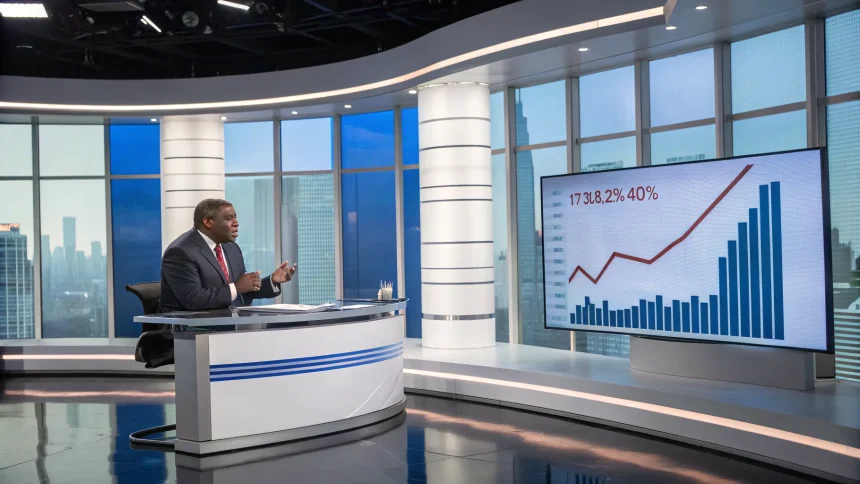Fox Business host Charles Payne has highlighted concerns about members of Congress accumulating significant wealth during their time in office. On his show “Making Money,” Payne discussed how elected officials appear to be leveraging their positions to build personal fortunes.
The financial gains of congressional representatives have become a point of increasing scrutiny as public records reveal substantial growth in net worth for many lawmakers during their tenure. This pattern raises questions about potential conflicts of interest and whether elected officials are using their privileged positions for personal financial benefit.
The Wealth Gap Between Lawmakers and Constituents
According to various financial disclosures and analyses, many members of Congress have seen their personal wealth grow at rates far exceeding those of average Americans. This disparity has fueled public skepticism about whether representatives are truly serving their constituents’ interests or their own financial portfolios.
Payne’s reporting suggests that the phenomenon crosses party lines, with representatives from both major political parties showing notable increases in their financial standings while serving in Congress. This bipartisan pattern indicates a systemic issue rather than one limited to a particular political ideology.
Stock Trading and Insider Information Concerns
One of the most controversial aspects of congressional wealth building involves stock trading activities. Several high-profile cases have emerged where lawmakers made timely stock transactions shortly before legislative actions or public announcements that affected those same stocks.
Critics argue that members of Congress have access to non-public information through committee assignments, briefings, and regulatory oversight that could provide them with unfair advantages in financial markets. Despite the STOCK Act of 2012, which aimed to prevent insider trading by lawmakers, concerns persist about the effectiveness of current regulations.
Some notable examples include:
- Representatives trading in healthcare stocks before major healthcare legislation
- Senators selling stocks before market downturns related to national emergencies
- Committee members investing in industries they directly regulate
Public Trust and Reform Proposals
The issue of congressional wealth accumulation has contributed to declining public trust in government institutions. Polling consistently shows Americans across the political spectrum express concern about elected officials using their positions for personal gain.
Several reform proposals have been introduced in response to these concerns. These include stricter disclosure requirements, mandatory blind trusts for congressional investments, and outright bans on stock trading by sitting members of Congress and their immediate families.
“The American people deserve representatives who are focused on public service, not personal enrichment,” said one ethics watchdog group in response to similar reporting on congressional wealth.
Payne’s coverage on Fox Business adds to the growing media attention on this issue, potentially increasing pressure for meaningful reforms to address what many see as a fundamental conflict of interest in American governance.
Historical Context and Trends
The phenomenon of elected officials leaving office wealthier than when they entered is not new in American politics. However, the scale and transparency of financial disclosures have brought increased attention to the issue in recent years.
Data analysis shows that the average member of Congress is significantly wealthier than the average American, with many representatives maintaining investment portfolios worth millions of dollars. While some lawmakers entered office with substantial wealth, others have seen dramatic increases in their net worth during their political careers.
As public awareness grows about the financial activities of elected officials, voters are increasingly factoring these considerations into their electoral decisions, potentially creating new accountability mechanisms beyond formal regulations.
Payne’s reporting highlights a concern shared by many Americans: that the halls of Congress, intended to be filled with representatives of the people, may instead be functioning as pathways to personal fortune for those who hold office.









